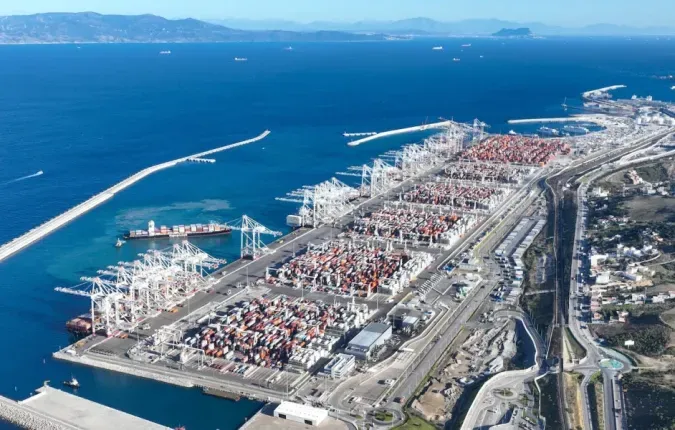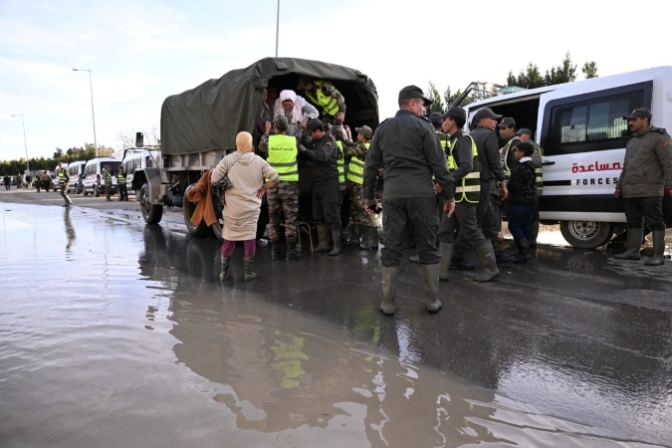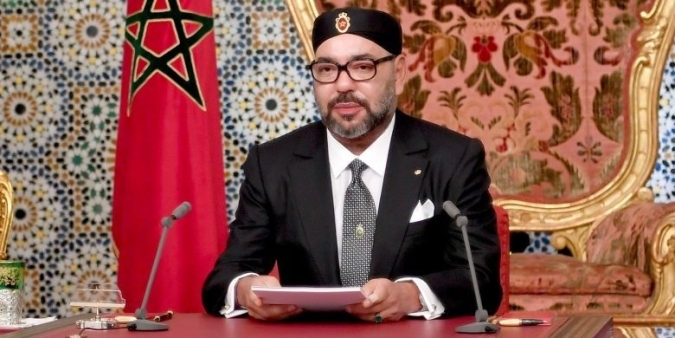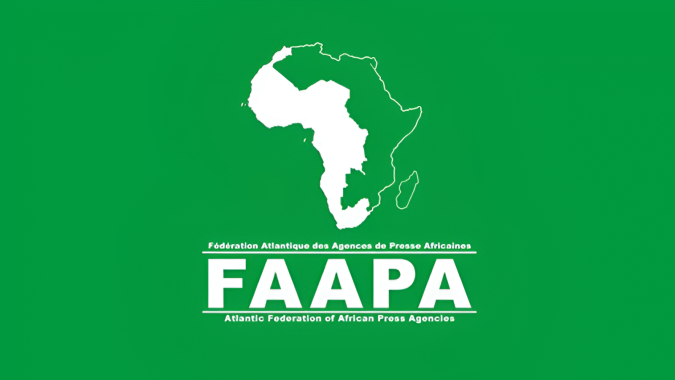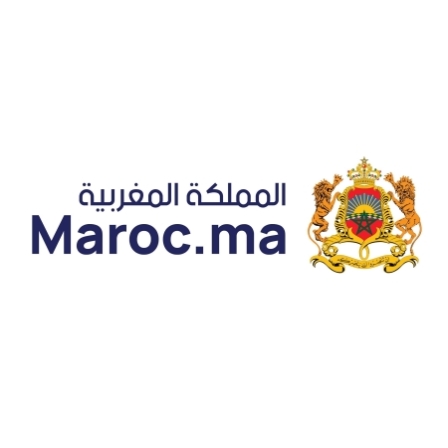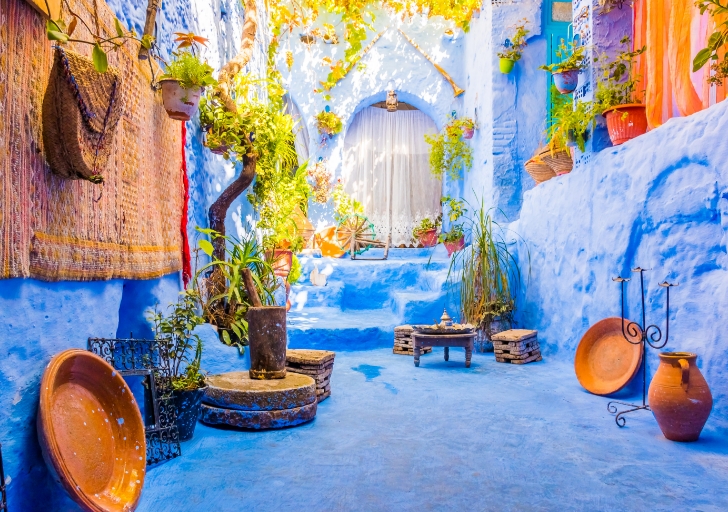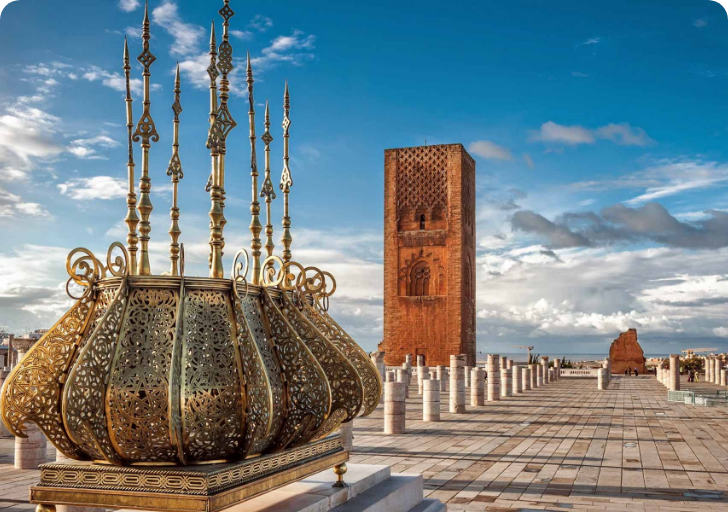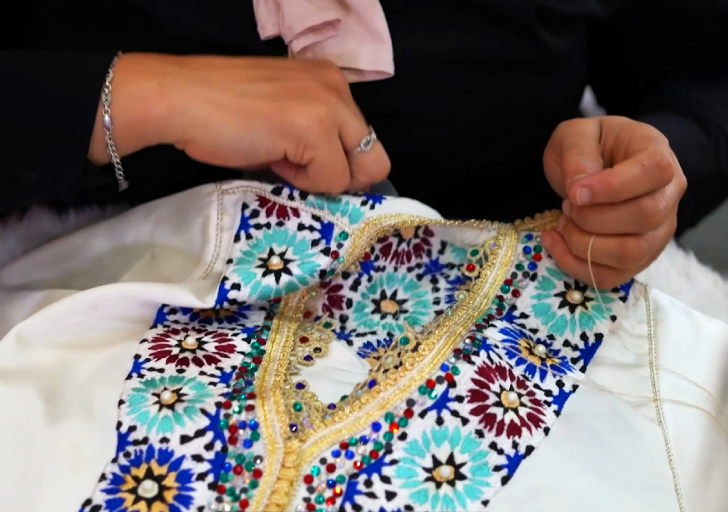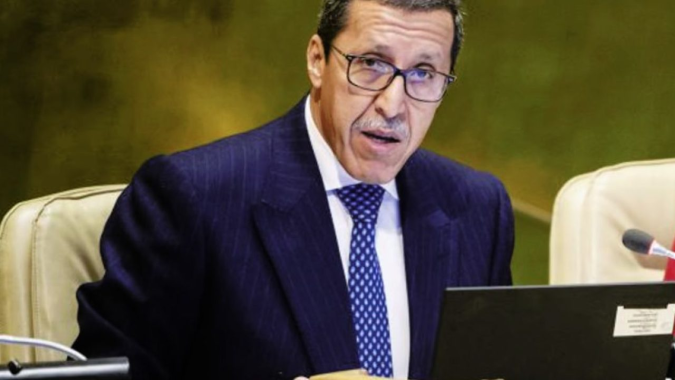
Morocco's Ambassador and Permanent Representative to the UN Omar Hilale highlighted on Monday in Amman the unwavering commitment of His Majesty King Mohammed VI, Chairman of the Al-Quds Committee, and His Brother His Majesty King Abdullah II bin Al Hussein, Custodian of the Islamic and Christian Holy Sites in Al-Quds, to peace, security and stability in the Middle East.
Giving his opening address, in his capacity as Chairman of the 6th Conference for the Establishment of a Middle East Zone Free of Nuclear Weapons and Other Weapons of Mass Destruction, Hilale stated that thanks to the kind invitation extended by the Jordanian government, the Third working Committee of the Conference gets together outside the United Nations for the first time.
He stressed that holding the Conference in Jordan and under Moroccan chairmanship is a “happy coincidence”, as both are Kingdoms closely linked by ties of brotherhood, solid historical and family relations, with a common vision for a peaceful and stable Middle East where all the States of the region coexist.
The international context of wars across the globe, he added, places an even heavier responsibility on the State Parties to the Conference, to respond to decades of collective aspiration towards establishing a zone free of nuclear weapons and other weapons of mass destruction in one of the world's most strategic regions, as international peace and security are intimately linked to peace and security in the Middle East.
The Moroccan diplomat acknowledged that the road to the establishment of a zone free of nuclear weapons and other weapons of mass destruction in the Middle East is an arduous but not impossible mission, noting however that the collective political commitment of the members of the Conference will make it possible.
Hilale warned that only dialogue, diplomacy and negotiation would help to build confidence in the Middle East, and ultimately a collective security system free of weapons of mass destruction.
In this context, he pointed out that “the scope of our present and future work will inevitably be an essential component for peace and stability in the region, in full compliance with international law and sovereign commitments”.
Hilale then noted that this working Committee promises to be both practical and ambitious, as it explores a valuable reservoir of accumulated practice and experience from the five existing nuclear-weapon-free zones, which bring together over 100 member states.
The third Working Committee of the Middle East Conference, which will last three days, is marked this year by the participation of all members of the Middle East region plus Iran. Israel, a regularly invited country, continues to boycott the work of this Conference.
The Committee's work will be led by experts, academics and high-ranking diplomats from international organizations in charge of disarmament issues, from member and non-member countries, from think tanks, and by other practitioners with long experience in the non-proliferation of weapons of mass destruction, from Latin America, Africa and Asia.
(MAP: 12 May 2025)
